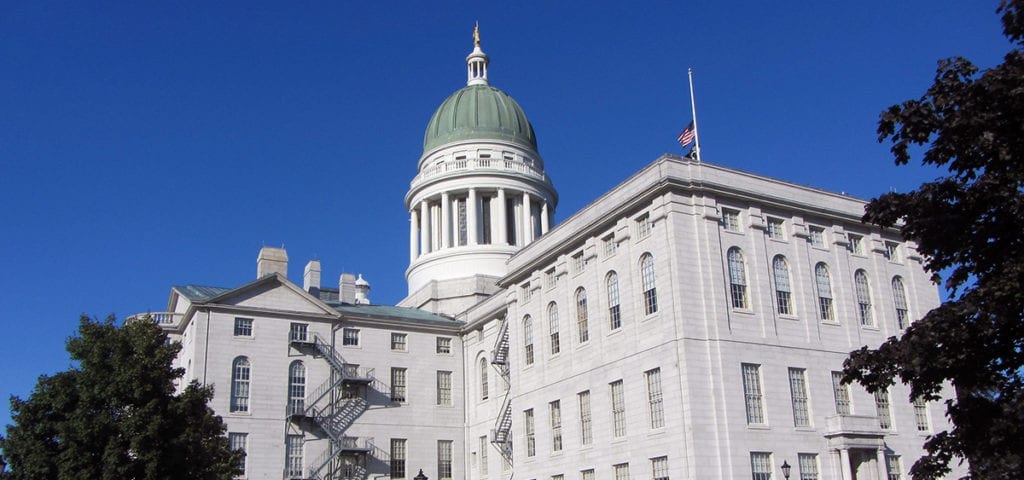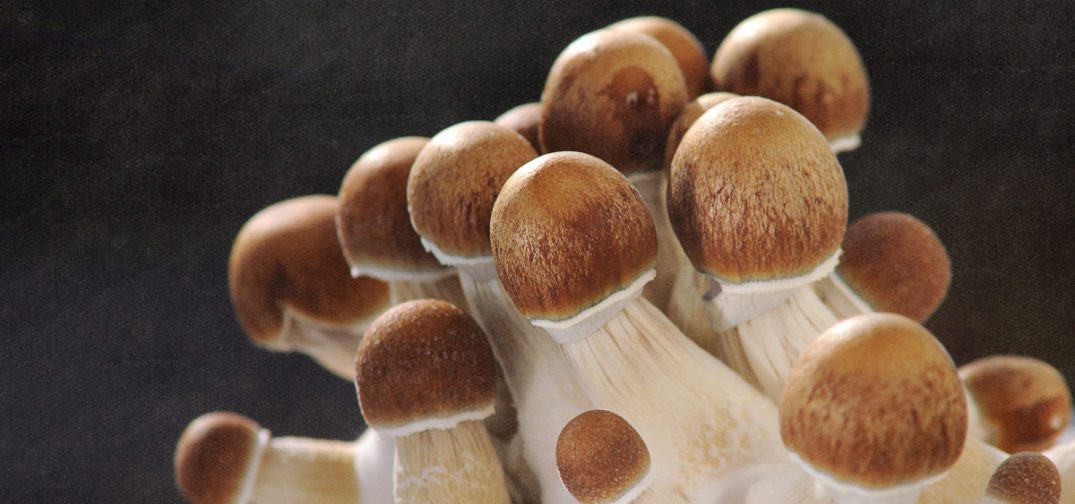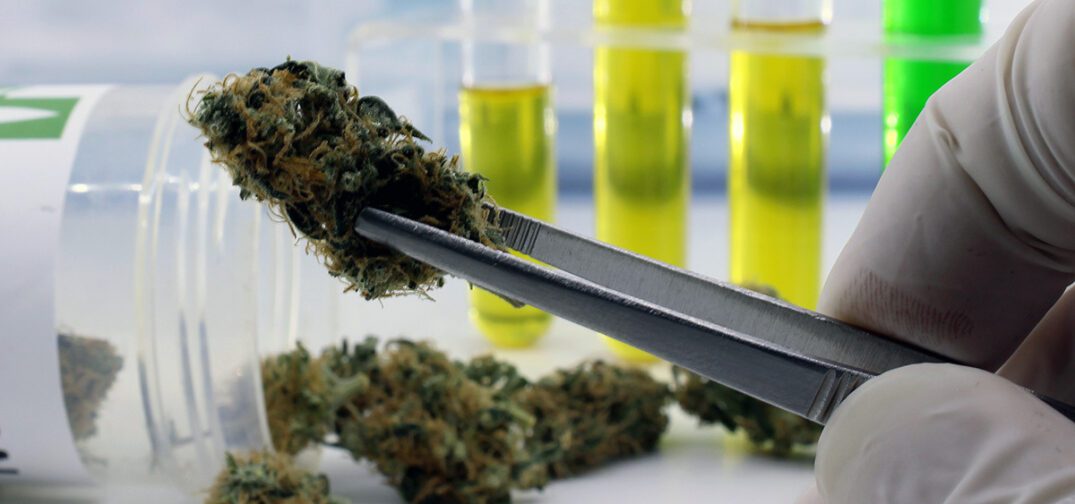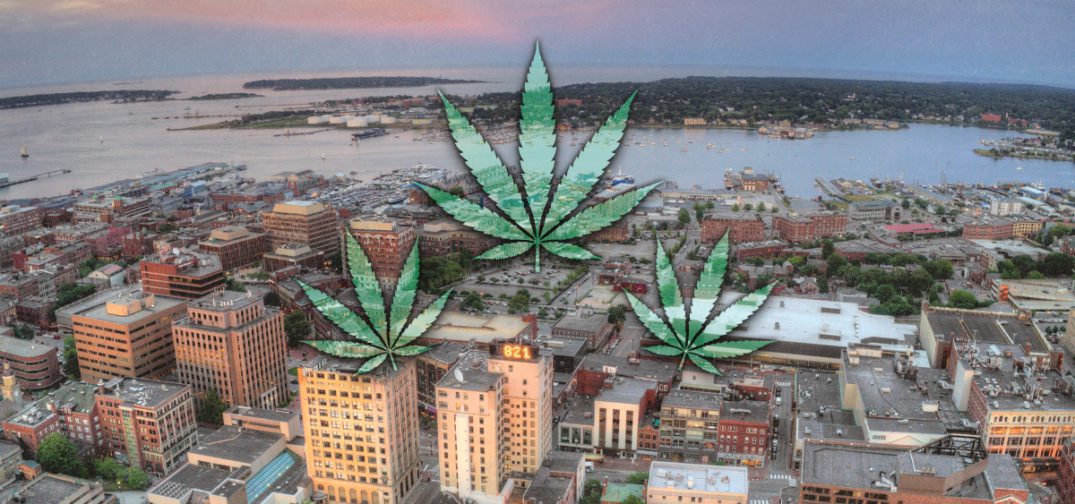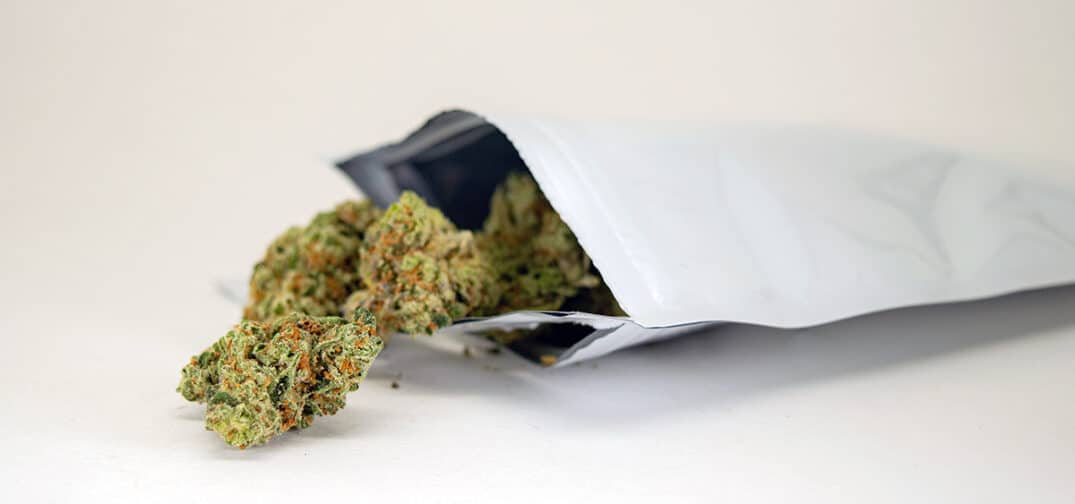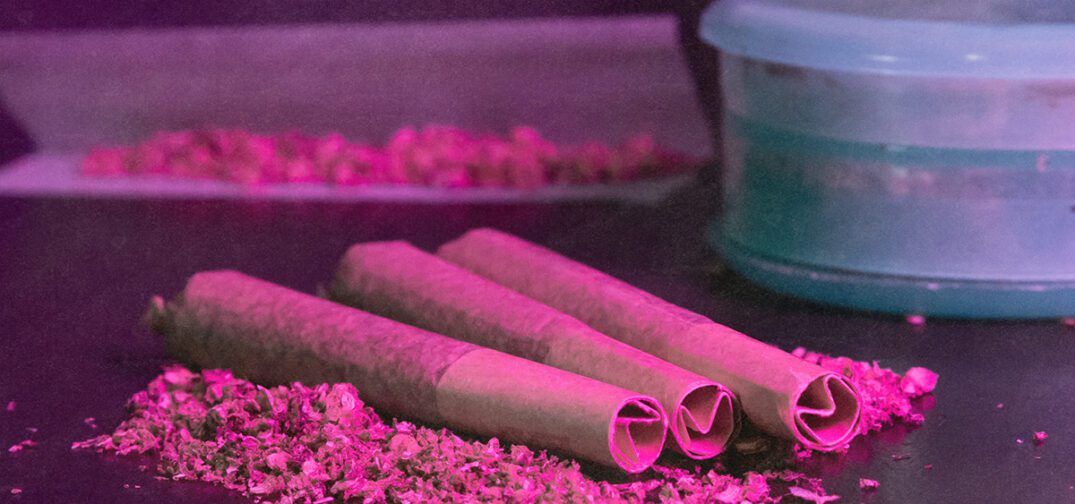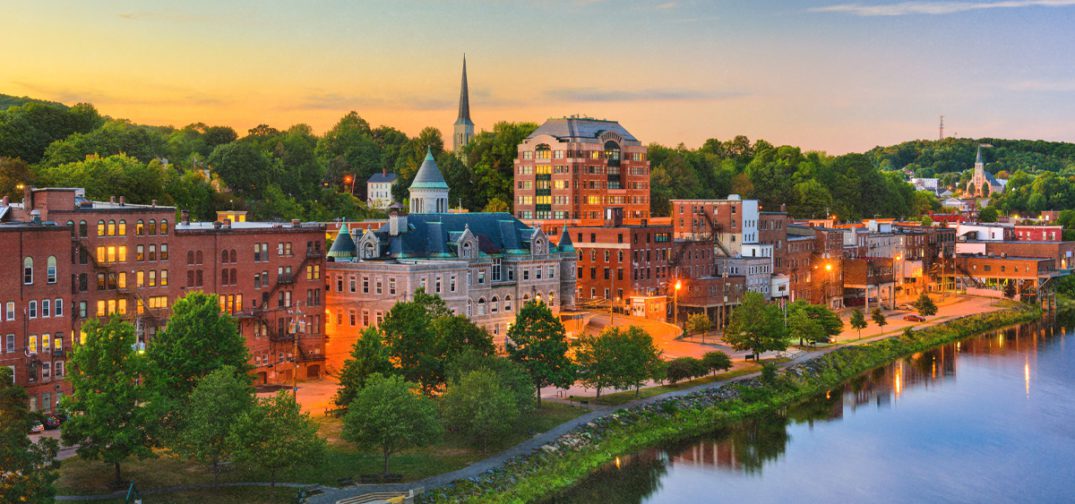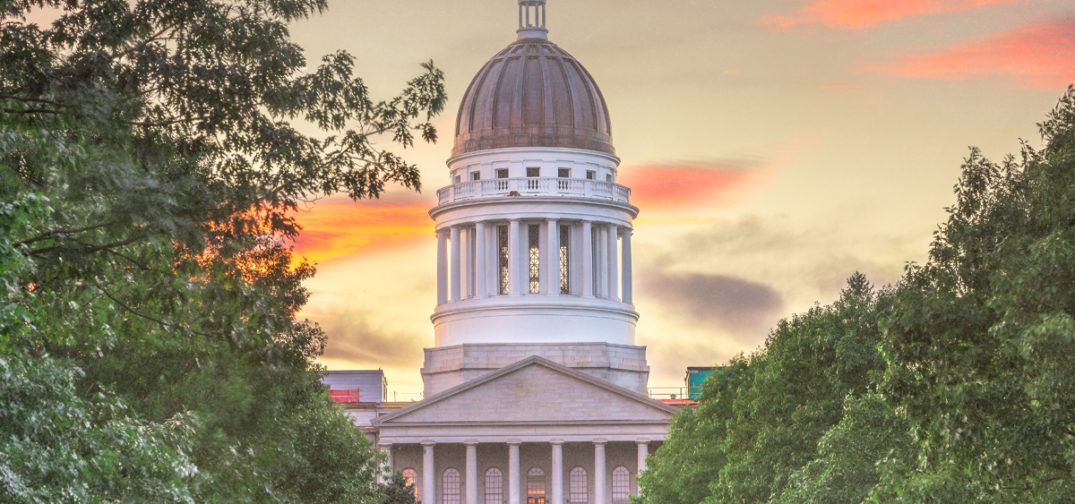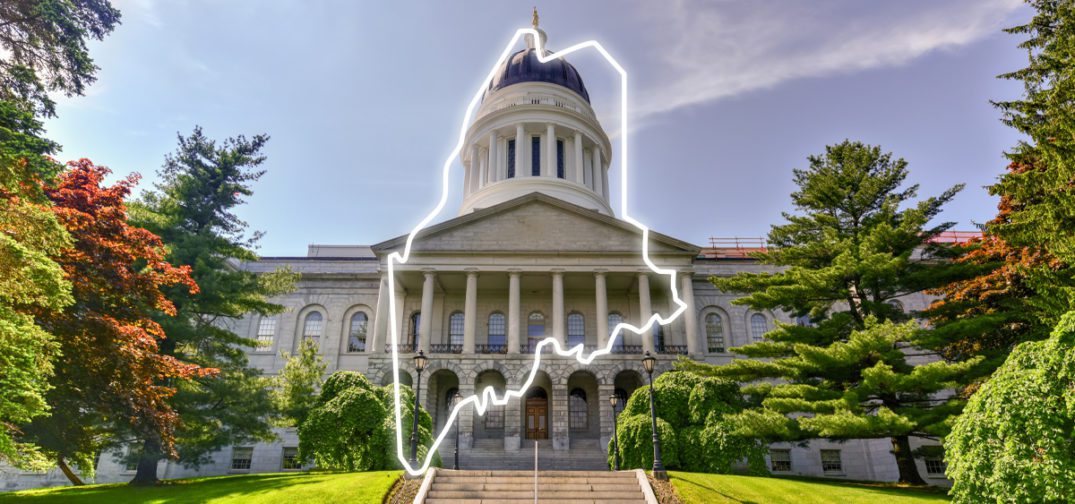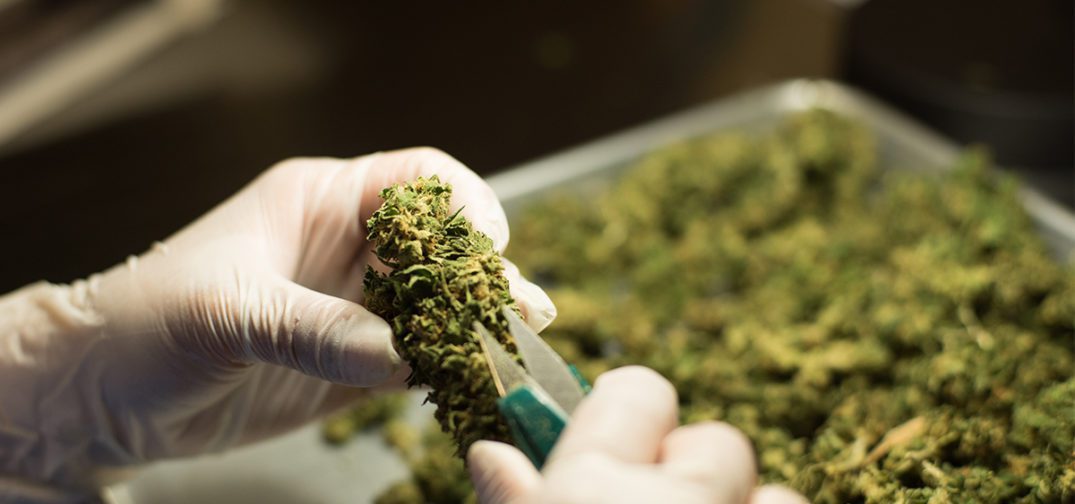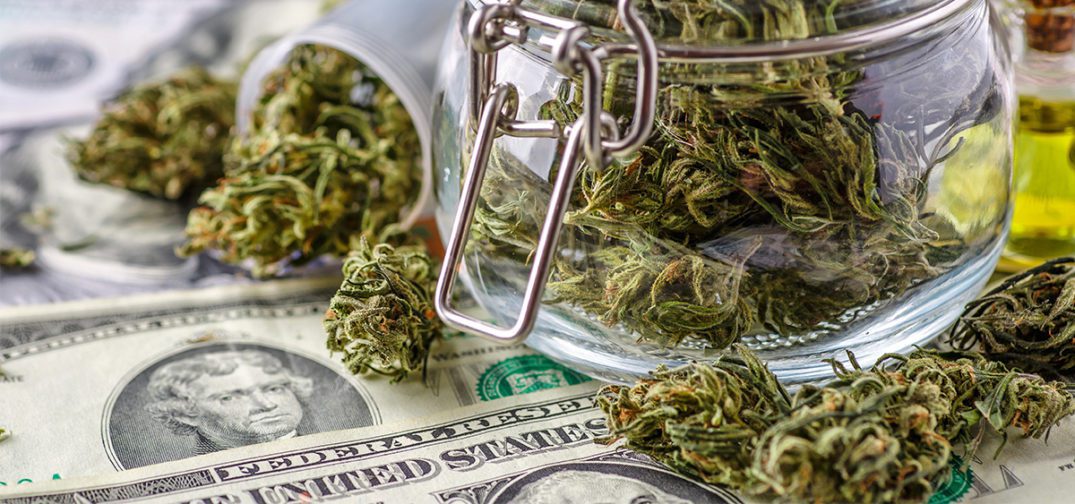Maine lawmakers are considering a proposal to legalize cannabis social clubs and other forms of on-site consumption, according to a Spectrum News report.
Sponsored by state Rep. David Boyer (R-Poland), the proposal would establish a cannabis-based hospitality industry in Maine by giving tourists a place to legally consume. If approved, the bill would establish a “cannabis hospitality establishment license” that would need to be acquired before businesses could allow on-site consumption.
LD 1952 appeared recently before the Legislature’s Veterans and Legal Affairs Committee.
“It would provide a controlled and regulated environment for adults similar to a brew pub that allows you try different beers and then take some home. This would help ensure public safety and reduce the likelihood of public cannabis consumption in inappropriate places.” — Boyer, in a statement to the state Veterans and Legal Affairs Committee, via Spectrum News
The proposal is notably opposed by John Hudak, Director of the Maine Office of Cannabis Policy, whose concerns range from poor air quality in cannabis clubs to the potential for increased impaired driving. “This bill simply does not address the serious public health and safety issues raised by permitting the public consumption of a substance that impairs critical thinking, memory, judgment, balance and coordination,” Hudak said in the report.
If passed, Maine would join 14 other states including the nearby Massachusetts, New York, and Maryland in allowing for on-site cannabis consumption.
End
